Anthropic Co-founder and CEO Dario Amodei speaks at the “How AI Will Transform Business in the Next 18 Months” panel during INBOUND 2025 Powered by HubSpot at Moscone Center on September 04, 2025 in San Francisco, California. Chance Yeh/Getty Images for HubSpot
 By Alexandra Kelley,
By Alexandra Kelley,
Staff Correspondent, Nextgov/FCW
|
Following the White House AI and crypto czar’s critique of Anthropic’s regulatory perspective, the company’s CEO noted that it is committed to speaking honestly about AI’s risks and benefits.
Anthropic leadership reiterated the company’s desire to work with the Trump administration on artificial intelligence policy while advocating for a national standard of regulation following a social media argument between White House Artificial Intelligence and Crypto Czar David Sacks and Anthropic Co-founder Jack Clark.
On Oct. 14, Sacks replied to a post on X from Clark — in which he described AI as a “real and mysterious creature” that has proven both powerful and unpredictable — saying that Anthropic has been pushing a “sophisticated regulatory capture strategy based on fear-mongering.”
This prompted Anthropic CEO Dario Amodei to publish a statement on the company’s blog outlining its ongoing collaboration with the U.S. government.
“Our longstanding position is that managing the societal impacts of AI should be a matter of policy over politics,” Amodei wrote on Tuesday. “I fully believe that Anthropic, the administration, and leaders across the political spectrum want the same thing: to ensure that powerful AI technology benefits the American people and that America advances and secures its lead in AI development.”
Amodei noted that Anthropic has partnered with agencies in several ways under the Trump administration, praised the White House’s AI Action Plan and joined a pledge to accelerate healthcare applications of AI. He also clarified that Anthropic joined many other AI companies in opposing the 10-year moratorium on state-level AI laws that was proposed but ultimately voted out of Trump’s Big, Beautiful Bill.
While the company said it supports a unified federal policy approach to AI regulation, Congress has been unable to act with speed in line with AI’s evolution. As a result, Anthropic did support California legislation that aims to set safety standards for leading AI firms.
Amodei noted that the bill sets a profit threshold that keeps it from stifling startups.
Such AI regulations have fallen into political crosshairs, namely from the Trump administration’s push to remove any traces of “woke” programming from AI foundation models. Amodei said that while Anthropic’s flagship AI model, Claude, produces outputs with no detectable bias, all AI models are inherently flawed.
“No AI model, from any provider, is fully politically balanced in every reply,” Amodei said. “Models learn from their training data in ways that are not yet well-understood, and developers are never fully in control of their outputs. Anyone can cherry-pick outputs from any model to make it appear slanted in a particular direction.”
Amodei also argued that state AI regulation would not be the thing that keeps the U.S. from remaining competitive with China, when the bigger threat lies with adversarial nations accessing U.S. computer chips they cannot make themselves.
“Anthropic is committed to constructive engagement on matters of public policy. When we agree, we say so. When we don’t, we propose an alternative for consideration. We do this because we are a public benefit corporation with a mission to ensure that AI benefits everyone, and because we want to maintain America’s lead in AI. Again, we believe we share those goals with the Trump administration, both sides of Congress, and the public,” he said.
Amodei has previously vocalized areas in the AI policy discourse where the government should intervene to ensure the benefits of AI are harnessed while mitigating harm. Speaking in Washington, D.C., in September, Amodei also supported the Trump administration’s relaxed regulatory agenda that prioritizes innovation.
